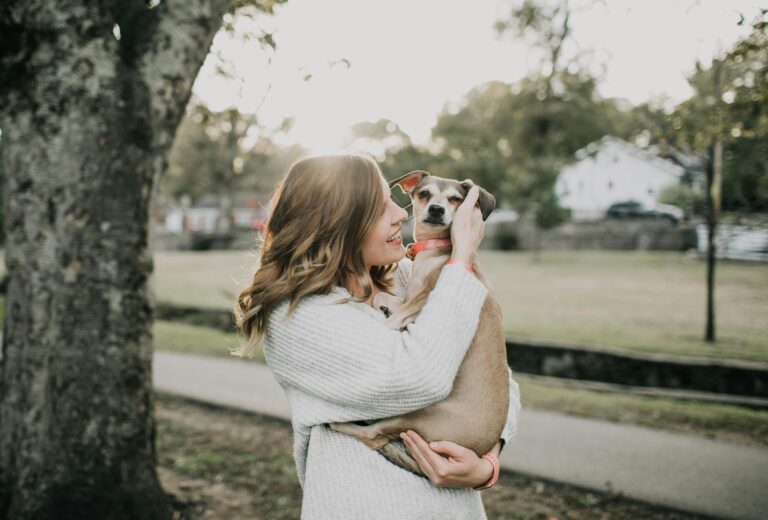When it comes to socializing and exercising dogs, the first place many owners think of is the dog park. Houston is full of them, and they seem like a quick solution to give your pup exercise and interaction. But as trainers, we often see the challenges that come with relying on dog parks alone.
Structured play, on the other hand, focuses on safe, purposeful interaction that builds obedience and reinforces good behavior. So which is better for your dog’s training and long-term success? Let’s break it down.

The Case for Dog Parks
Dog parks can be useful in certain situations. They provide open space for running and exposure to other dogs and people.
Potential benefits:
- Plenty of physical exercise in a short time
- Opportunities for dogs to interact socially
- Mental stimulation from new sights, smells, and play styles
For high-energy dogs, these benefits can help burn off steam. However, parks come with significant risks.
The Hidden Risks of Dog Parks
Uncontrolled environments can set dogs back in their training.
- Overstimulation: Too much excitement can undo calm behaviors learned at home.
- Negative interactions: Aggressive or poorly trained dogs can frighten or harm others.
- Inconsistent rules: Not every owner supervises or corrects bad behavior, which can confuse your dog.
- Reinforced bad habits: Barking, chasing, or ignoring recall can quickly become the norm.
If you’ve worked hard on obedience, an hour of chaotic park play may undo weeks of progress.
What Is Structured Play?
Structured play is intentional, guided activity designed to balance fun with focus. It can take place at home, during training sessions, or with trusted playmates.
Examples include:
- Tug or fetch with built-in “drop it” and “sit” commands
- Playdates with one or two well-matched dogs
- Training games that mix obedience with play rewards
- Controlled off-leash time in fenced yards with rules enforced
Structured play gives dogs the same benefits of exercise and socialization but with clear expectations and boundaries.
Why Structured Play Reinforces Training
Unlike free-for-all play, structured activities support the skills your dog needs in everyday life.
- Builds impulse control by combining commands with fun
- Strengthens recall, sit, down, and drop-it under distraction
- Creates predictability and prevents fights or over-arousal
- Provides kids and families a chance to engage in training games
We’ve written before about how play-based elements boost training success. When play is combined with obedience, it transforms from chaos into a learning opportunity.
How to Choose What’s Right for Your Dog
Dog parks aren’t automatically “bad,” but they aren’t for every dog. Structured play is almost always safer and more beneficial.
Ask yourself:
- Does my dog listen reliably in distracting environments?
- Has my dog shown aggression or fear around other dogs?
- Am I looking for training reinforcement or just energy release?
- Do I trust the other dogs and owners at the park?
If your answer is “no” to most of these, structured play is likely the better option.
For owners who still want to use dog parks occasionally, the AKC’s guide to dog park etiquette offers valuable safety tips.
Professional Support for Real-World Play
At Off Leash K9 Training Houston, we design programs that make structured play second nature. Our Basic & Advanced Obedience Program ensures your dog can focus, listen, and enjoy off-leash fun without putting themselves or others at risk.
Want to transform playtime into a powerful training tool?
Our trainers can show you how to balance fun and structure for a safer, happier dog. Contact us today to schedule your evaluation.

